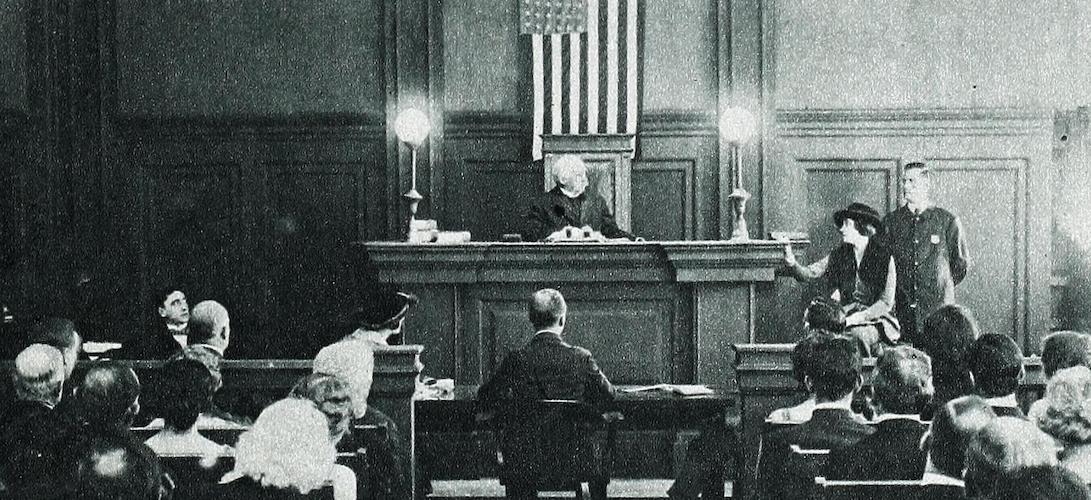We often get questions about right, permissions, and reuse.
The main thing to know is that all materials in the Media History Digital Library are available for free viewing, free download, and, in most cases, free reuse. You may use them within your teaching, research, publications, and productions without asking our permission or paying a fee.
There are a few caveats and additional things to keep in mind.
- The vast majority (98%) of materials in the Media History Digital Library are in the public domain and no longer protected by copyright. To determine which materials were available for digitization, we checked the U.S. copyright status of all titles. We reviewed every copyright renewal for serials (magazines) published from 1923 to 1950, and for titles after those dates, we searched the copyright records for the status of the major publications published from 1951 to 1963. The copyrights for nearly all of these media industry, fan and technical publications were not renewed, and those pre-1964 works are now in the public domain. However, we cannot accept any legal liability or assist you in the unlikely event that a third party emerges and claims to control the copyright.
- The remaining 2% of the materials in the collection are still protected by copyright but their rights holders generously permitted us to digitize them and share them freely online. Hollywood Studio Magazine, Hollywood Then and Now, and Angles all belong in this category.
- We ask that you not rehost the files, and talk to us if you want to use them in bulk for commercial purposes.
- Citing the Media History Digital Library as a source is requested and appreciated. By including the credit line, “Courtesy of the Media History Digital Library,” and thanking us in the acknowledgments, you can help us demonstrate the impact of our work.
- Since the year 2020, the Media History Digital Library has been housed within the Wisconsin Center for Film and Theater Research (WCFTR). The WCFTR’s archival collections are not freely available on this same basis. Many of the WCFTR’s collections are still protected by copyright. Moreover, the WCFTR needs to honor its agreements with donors.
Privacy Policy
As a general principle, we do not track or store information about our users. We believe in providing free access to information; collecting private user data is not necessary for the proper function of our services.
There are some instances where some non-identifying information may be stored:
We use Google Analytics to understand how visitors engage with the website and what services are most popular. This information helps us plan our ongoing development. Google Analytics uses cookies and similar technologies to generate statistics on website use and performance. Therefore, Google Analytics may collect information such as your IP address, device type and operating system, referring URLs, location and pages visited. This data is presented in aggregate, and typically cannot be identified back to an individual person. If you prefer to opt out of the use of Google Analytics, you can do so using Google's Opt-Out Tool.
Our websites and services run on systems hosted at the University of Wisconsin-Madison. When you access the Media History Digital Library, you are accessing servers on the university's network. As is common practice for IT and Information Security departments at many organizations, DoIT may log information about network traffic, including IP addresses and access patterns. You can learn more about the University of Wisconsin-Madison's privacy protections on their website.
